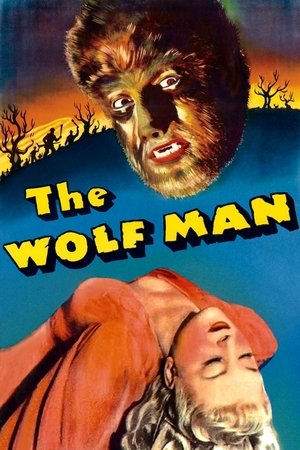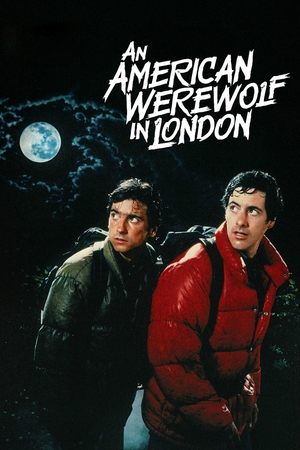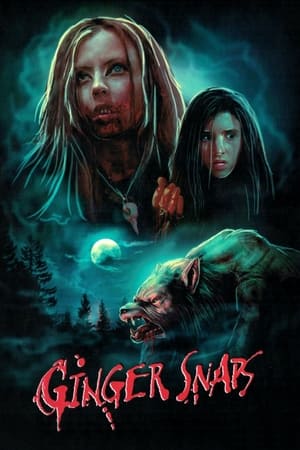Leigh Whannell on Shaking Up ‘Wolf Man’ Lore and Challenges of Making a Werewolf Movie [Interview]
Director Leigh Whannell is back with Wolf Man, a new interpretation of Universal’s classic monster that’s out in theaters today. The horror filmmaker takes a vastly different approach to the werewolf mythos, treating lycanthropy as a disease that yields no shortage of body horror. Wolf Man doesn’t feature one transformation sequence; instead, it plays out […]

Director Leigh Whannell is back with Wolf Man, a new interpretation of Universal’s classic monster that’s out in theaters today. The horror filmmaker takes a vastly different approach to the werewolf mythos, treating lycanthropy as a disease that yields no shortage of body horror.
Wolf Man doesn’t feature one transformation sequence; instead, it plays out over the course of the film and is handled completely via practical effects. Bloody Disgusting spoke with Whannell about the challenges of making a werewolf movie, tracking the multiple stages of transformation, and the film’s unexpected sources of inspiration.
In Wolf Man, the trouble starts when Blake (Christopher Abbott) travels back to his childhood home with his wife Charlotte (Julia Garner) and daughter, Ginger (Matilda Firth), with a strange creature driving them off the road and leaving them vulnerable to attack. Eagle-eyed viewers will spot “Pierce” and “1941” plastered across Blake’s moving rental truck, an Easter egg referencing the original Universal Monsters film and its legendary makeup effects designer, Jack Pierce.
“You want to do it but not to a degree where you’re suddenly making a pastiche, an homage to something. There’s a place for that type of movie,” Whannell told Bloody Disgusting about his conservative use of Easter eggs in his latest horror movie. Instead, this hat tip is employed as an acknowledgment of the past and Whannell’s intentional lore departure.
He explains, “Like in Invisible Man, I felt like that one little scene where you see the guy covered in the bandages, it’s just a little nod to be like, ‘This existed, and I’m aware that I’m standing on the shoulders of these giants.'”
Due to Blake’s horrific affliction, this take on the Wolf Man bears more in common with The Fly than a traditional werewolf movie, but the unexpected reference points don’t end there. The animalistic nature of the beast and the isolated Pacific Northwest setting also evoke cryptozoology. It turns out that legendary cryptids like Bigfoot did influence Whannell’s interpretation of the classic character, at least in terms of the setting and Blake’s upbringing.
Whannell explains, “Actually, I did think about that. The thing about Bigfoot that I was drawn to with this is these isolated communities that have a story they tell, and they really believe in that story, these rituals. We, as humans, develop our own rituals within communities. You do that everywhere, it doesn’t have to be supernatural. But I love the idea of this isolated mountain community with their own set of rules that they keep from the outside world. That was very much part of this, trying to establish that.”

Christopher Abbott as Blake in Wolf Man, directed by Leigh Whannell
Unlike most werewolf movies, the full moon doesn’t trigger lycanthropy at all. Instead of one memorable transformation under the moonlight, Wolf Man treats lycanthropy as a brutal disease that sets about rearranging Blake’s DNA, splicing it with something inhuman. In other words, Blake’s transformation is ongoing and happening in stages. Considering that Blake is constantly trying to battle against his gruesome illness and maintain his humanity, the transformation isn’t fluid or easy.
“Well it was twofold,” Whannell says of tracking the multiple stages of progression. “One was just the physical transformation, so we had that mapped out. On my office wall during pre-production we had this map of stage 1, stage 2, stage 3, and so you would see the physical changes. Then with Chris, he was really keeping track of the emotional stuff. He would slip in and out of certain things. He would slip in little movements that maybe people spot early on, little things he would do like just a movement of the head or a tic, and I love that. I love seeing that. I mean, mentioning The Fly, when you go back and watch that film, you see in Jeff Goldblum’s performance these little tics. It’s just the start of the journey, but that, to me, is the most fascinating part, the start of the journey. It’s also horrific. In real life, if someone is suffering from Parkinson’s disease, that first tremor, before it gets overwhelming, is nightmarish. So that’s what I was speaking to.”
Compared to his monster counterparts, the werewolf isn’t as prolific in horror as, say, vampires or zombies. While that’s likely owed a lot to the monster’s reliance on practical effects to sell its effectiveness, Whannell found the established lycan rules trickiest to maneuver around when it came to making his werewolf feature.
He tells us, “For me, it was dealing with the lore of this person turning into a wolf when the full moon comes out, and now they’re human again. The back and forth. I felt like I wanted my story to be more contained than that. Corbett [Tuck], my wife, and I co-wrote the film, and we both talked about wanting the film to feel more immediate than that. Some people may say, ‘Oh, there’s not enough meat on the bone; we’re not stretching it out enough,’ but we wrote the first draft during COVID. I felt very cut off from society, and everything felt very unsettled, and so, to write a hellish story that unfolds in one night felt right for that time.”
Leigh Whannell’s Wolf Man is now playing in theaters nationwide.

(from left) Director of Photography Stefan Duscio and Director Leigh Whannell on the set of WOLF MAN.




